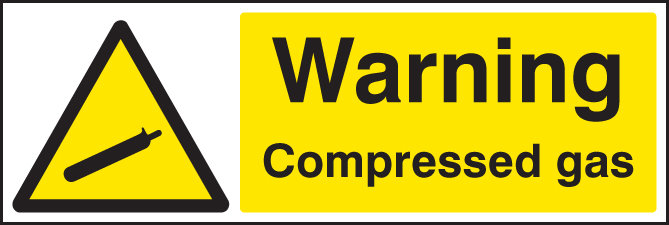New codes of practice have been published on managing risks from compressed gases and carrying compressed gas cylinders on vehicles.
BCGA CP52 – THE MANAGEMENT OF RISKS FROM GASES IN THE WORKPLACE – This document identifies hazards from the use and the potential for the escape, leak or accumulation of gases into the workplace and the associated risks. It also provides for risk assessment and appropriate mitigation measures. The scope includes all gases, whether compressed, liquefied, refrigerated, or dissolved.
A workplace is a location where persons perform tasks, jobs, and projects for their employer. Where gases may be present, the starting assumption is that workplaces should be regarded as Confined Spaces unless it can be demonstrated otherwise through risk assessment. The guidance provided in this document will assist with this risk assessment.
Register and download the ACOP from here
BCGA CP50 – THE CARRIAGE OF GAS CYLINDERS ON VEHICLES – This document provides guidance on safely transporting gas cylinders in compliance with the Carriage of Dangerous Goods and Use of Transportable Pressure Equipment Regulations. It includes a method for calculating the threshold level for a small load exemption based on the quantity of gas cylinders being carried.
Where there may be a demand to transport cylinders which may not be in accordance with the requirements of the Carriage of Dangerous Goods and Use of Transportable Pressure Equipment Regulations.
Whilst the information in this document may be used when transporting liquefied petroleum gas (LPG) cylinders, further advice is available within Liquid Gas UK Code of Practice 27.
Gases being transported in an emergency vehicle, for example, an ambulance or fire engine, or the carriage of medical oxygen by patients who need it for their treatment during the journey,
or medical and para-medical staff where it is carried as part of a ‘ready to use’ set, are outside the scope of this Code of Practice. However, there is still a requirement to carry cylinders safely and securely, and to prevent leakage.
Register and download the ACOP from here











